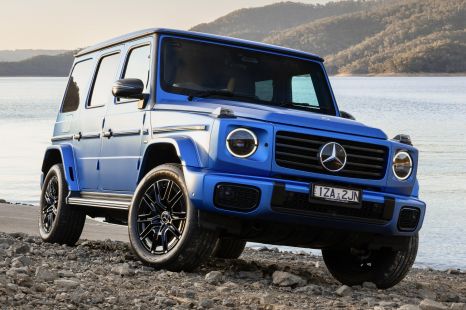

Max Davies
4 Days Ago
An Australian tech company has revealed its new slimline bi-directional electric car charger, and is out looking for partners to trial it.

Contributor
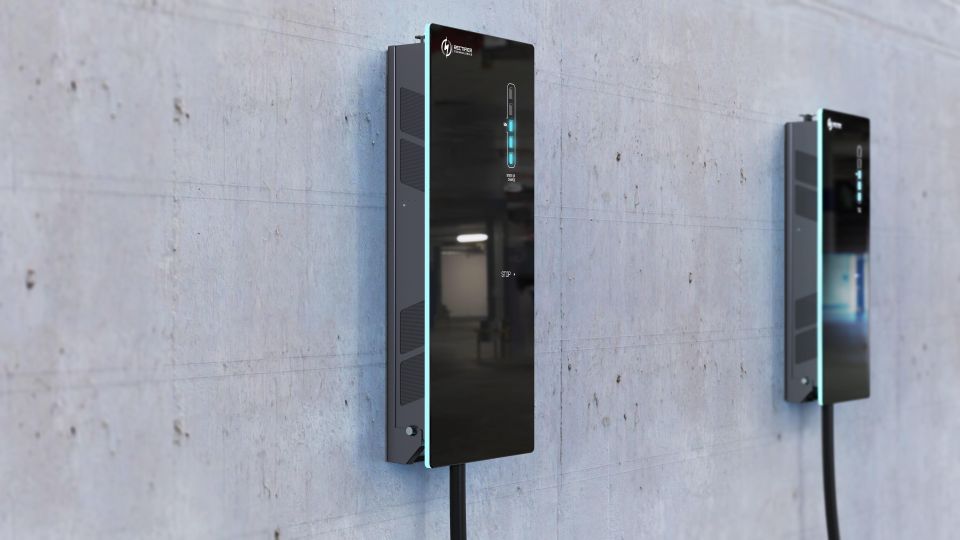

Contributor
An Australian technology company has unveiled its first slimline bi-directional electric vehicle wall box.
Melbourne-based company Rectifier says the 7kW Highbury home wall box measures just 12.3cm deep, allowing it to be installed in small carports and tight underground car spaces.
Although slimline wall boxes currently exist, very few home chargers support bi-directional charging, which allows the large lithium-ion batteries in electric vehicles to interact with the power grid.
Rather than simply drawing energy from the grid, bi-directional chargers can – when connected to a compatible car – feed it back during periods of high demand, helping lower the strain on power stations or renewable energy.
Cars capable of bi-directional charging can also be used as generators in a power outage, using the lithium-ion battery pack when the grid is down to keep homes or businesses running.
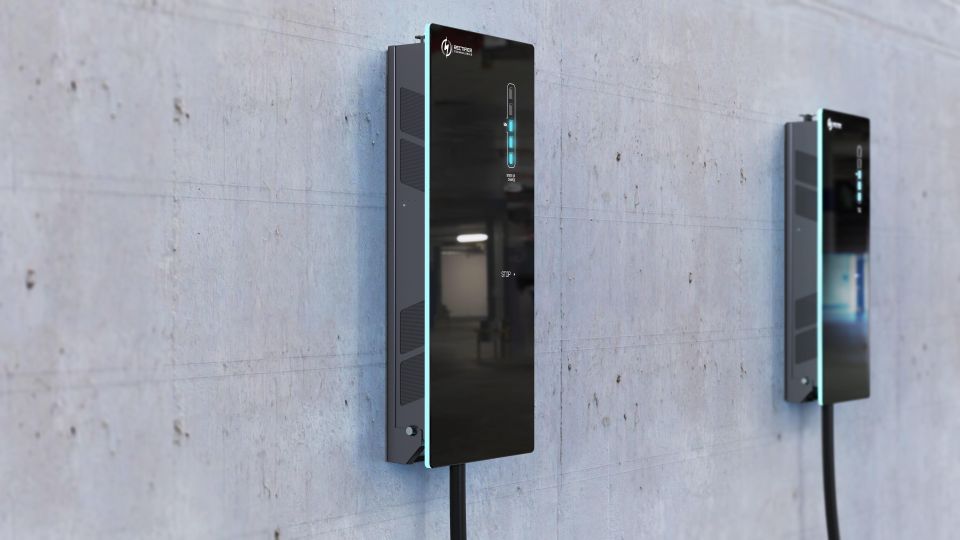
A number of trials into the benefits of bi-directional technology are currently underway.
JET Charge is trialling its Quasar bi-directional charger, backed by $3.5 million in funding from the Clean Energy Finance Corporation (CEFC), while the Australian Renewable Energy Agency has helped fund an Origin Energy trial into the technology.
Rectifier is currently seeking partners to trial its new Highbury wall box, which it says “is unobtrusive and has been designed to fit most aesthetics, while being cost-effective for electric vehicle owners”.
“Drivers will be able to re-charge their vehicles when off-peak energy is being funnelled through the grid, and they could do so at home, at work or even on the road with public charging infrastructure,” said Rectifier operation manager, Paul Davis.
“When feed-in tariffs are highest during heavy demand or the grid is experiencing a destabilising event, the Highbury can rapidly react to export energy and earn a return which offsets the cost of the electricity consumed.
“The Highbury will bring to the market a flexible approach to how people can financially benefit from the grid, while utilities will also benefit as electric vehicles can act as a dispersed power storage network.”
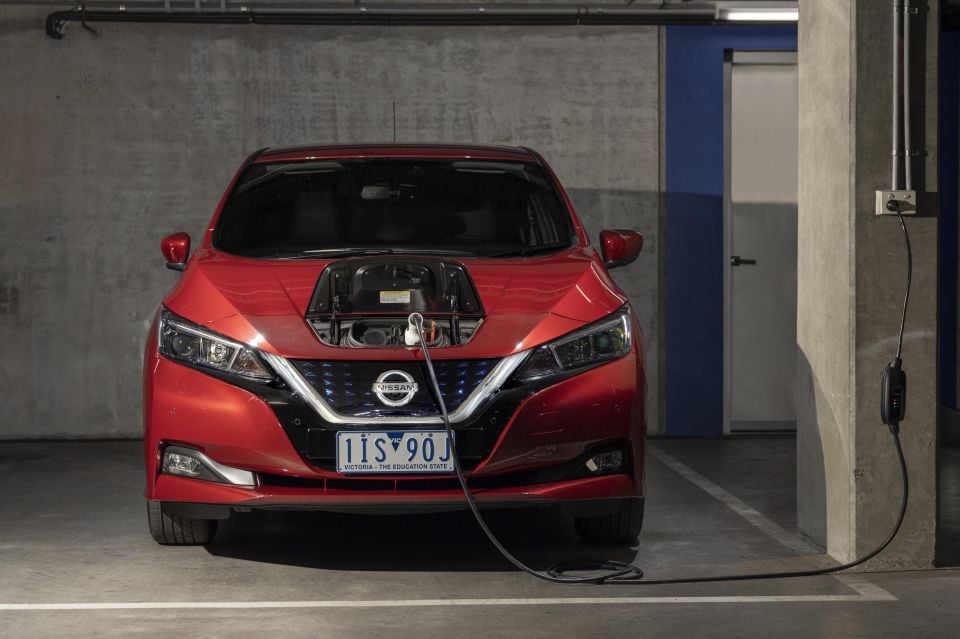
Electric vehicles capable of bi-directional charging are currently few and far between in Australia. The Nissan Leaf and Mitsubishi Outlander PHEV Exceed are the only two cars that currently support the technology.
Rectifier is currently working on a faster 11kW three-phase home wall box to join the Highbury.
Scott Collie is an automotive journalist based in Melbourne, Australia. Scott studied journalism at RMIT University and, after a lifelong obsession with everything automotive, started covering the car industry shortly afterwards. He has a passion for travel, and is an avid Melbourne Demons supporter.


Max Davies
4 Days Ago
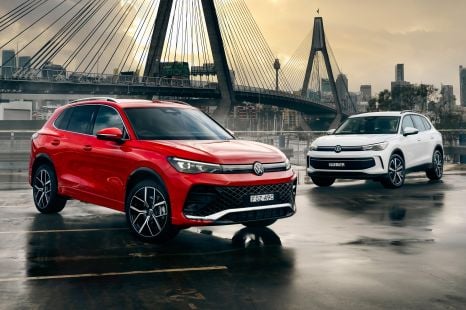

Max Davies
4 Days Ago
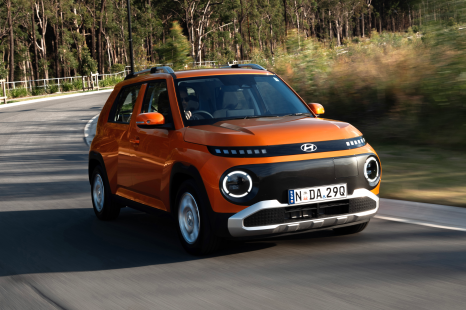

Josh Nevett
4 Days Ago
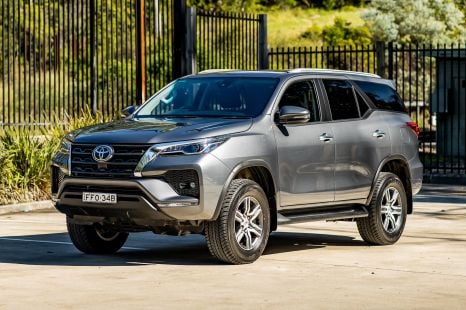

Matt Campbell
3 Days Ago
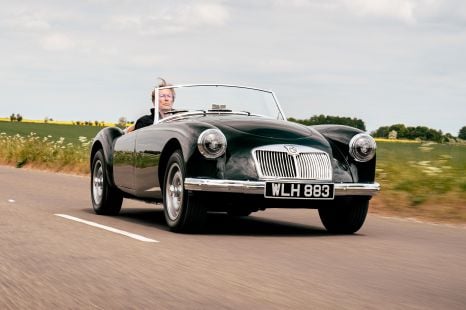
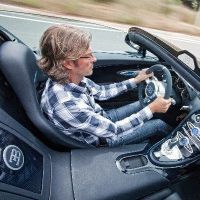
Angus MacKenzie
2 Days Ago
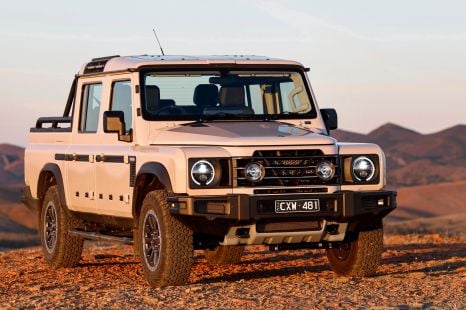

William Stopford
1 Day Ago